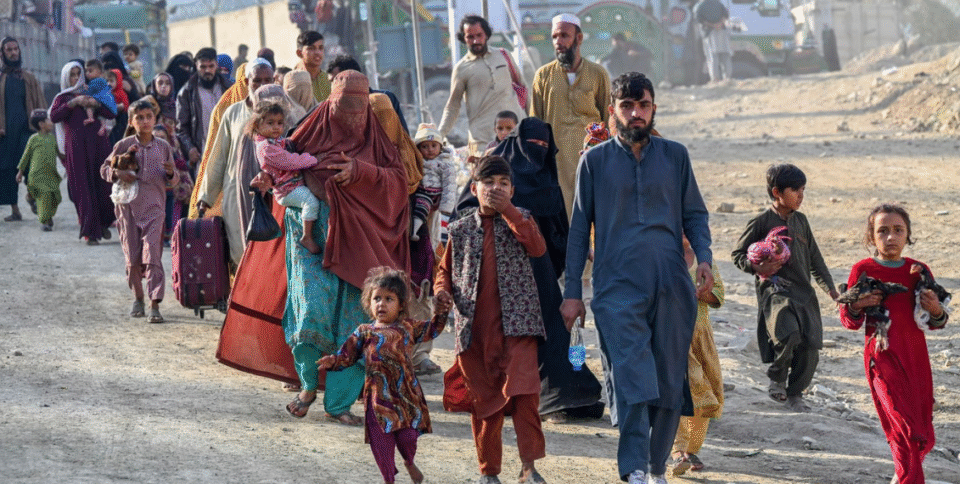ISLAMABAD [Pakistan], August 2: The Pakistani federal government has announced it will resume the deportation of undocumented foreign nationals, including thousands of Afghan citizens, following the expiration of refugee residency permits on June 30, 2025.
According to the Ministry of Interior, the government will now invoke Section 14-B of the Foreigners Act to initiate the repatriation of Afghan nationals under trial or convicted in Pakistani courts. “Individuals involved in ongoing legal proceedings or already convicted will also face deportation,” the ministry said, as reported by ARY News.
Previously, Afghan refugees were allowed to reside legally in Pakistan using Proof of Registration (POR) cards, but those cards expired at the end of June, effectively rendering their stay illegal.
Mass Deportation Drive Begins
The ministry has issued formal orders to district administrations, police, prison authorities, and other relevant agencies to begin arresting and deporting all foreign nationals living in the country without valid documentation.
In coordination with the federal order, the Khyber Pakhtunkhwa (KP) Home Department has told Afghan POR card holders to return to Afghanistan via designated transit points in Peshawar and Landi Kotal.
A KP Home Department statement reiterated that “the POR card validity expired on June 30, 2025, rendering the stay of Afghan citizens in Pakistan illegal thereafter.”
Crackdown on Undocumented Migration
The policy specifically targets those without valid visas or passports, who, as of now, “will no longer be permitted to reside in Pakistan,” the ministry warned. Those who remain will be officially classified as illegal migrants.
The crackdown reflects Pakistan’s broader strategy to tighten immigration enforcement and regulate undocumented migration, particularly amid increasing tensions over border security and internal economic pressures.
While Pakistan has historically hosted millions of Afghan refugees, the government has stepped up deportation efforts since late 2023, citing both security concerns and the need to enforce immigration laws. Human rights groups have warned that many Afghan returnees face severe risks under the Taliban regime, but Islamabad has said the policy is a matter of national security and legal enforcement.

